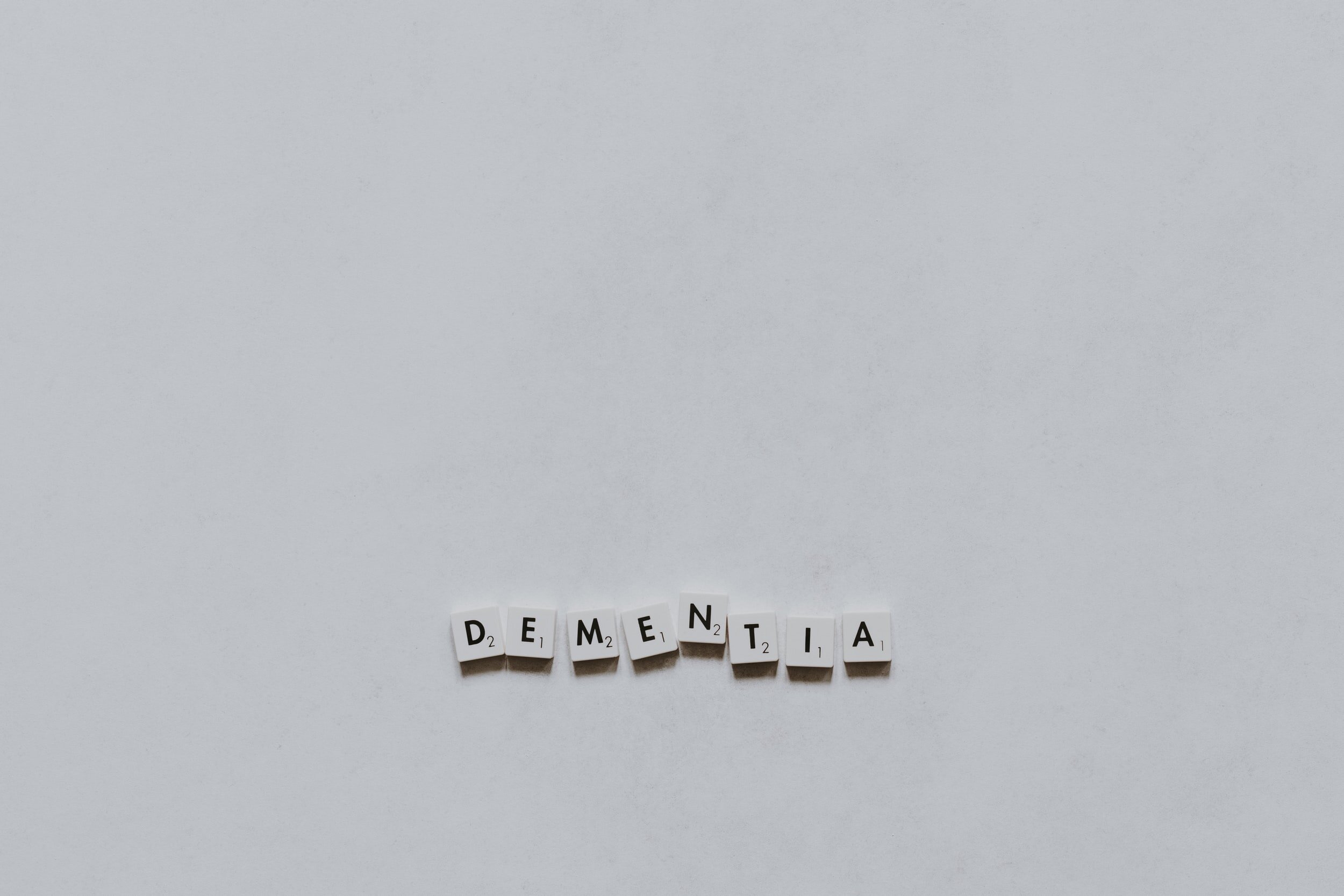Coping with a physical illness or injury can be emotionally draining, particularly if you’re running a business and dealing with a chronic condition at the same time. As well as accessing treatment for your physical ailments, it’s essential to focus on your mental health too. With these handy tips, you can stay strong mentally while you enhance your physical health and avoid burnout in your business.
Try meditation
Meditation and mindfulness can be a great way to cope with whatever life throws at you. Proven to relieve stress and anxiety, engaging in daily meditation or mindfulness sessions can help you to feel stronger and more optimistic. Even if you have a long road to recovery ahead of you, maintaining a positive attitude can help you to cope with the symptoms of illness or injury, and juggle your business life at the same time.
Take control of your recovery
When you’re dealing with physical health issues, it’s easy to feel out of control. When you’re waiting for doctor’s appointments or test results, for example, you may feel at the mercy of the medical profession. By taking charge of your recovery, however, you can arm yourself with knowledge and feel more empowered than ever before.
Learning more about your condition or injury will enable you to access the best treatment. What’s more – researching the medical options available could lead you to the best doctors and clinicians. Being your own advocate can be time-consuming and tiring, so ask a trusted family member or friend to provide support.
Being your own advocate can be time-consuming and tiring, so ask a trusted family member or friend to provide support. While doing this, remember to factor in other crucial elements like health insurance. This empowers you to take control of your recovery by providing financial support and access to necessary medical services. However, it’s equally vital to make an informed decision when selecting a plan, and reading some recent PHP agency reviews can be instrumental in this process. These reviews offer insights into the experiences of individuals who have used or evaluated health insurance offerings.
Seek legal advice
If you’ve suffered harm because of an incident that wasn’t your fault, it can be difficult to cope with the feelings of frustration you’ll experience. When accidents occur because of someone else’s negligence or recklessness, it can be even harder to adjust to long-term health problems or lengthy recovery plans.
By seeking legal advice, you can determine whether you’re eligible to take action following an injury or illness. As well as obtaining financial compensation, making a successful claim will ensure you get the justice you deserve. For many people, this validation helps them to stay mentally strong while they’re dealing with the aftermath and gives them something to focus on while they are receiving medical treatment.
Find natural forms of pain relief
When you’re physically unwell, you can experience a significant amount of pain and discomfort. Often, people rely on pharmaceuticals to alleviate their symptoms and these can be extremely effective. However, strong painkillers and other medications can leave you feeling sluggish or lethargic, which can make it harder for you to do the important day to say stuff like running your business.
If you want to try and avoid taking high doses of medication, talk to your clinical team about natural alternatives. With physical therapy or yoga, for example, you may be able to speed up your recovery and decrease your reliance on prescription medication.
Strengthening Your Mind
Keeping your mind active when your body needs rest isn’t always easy but it’s certainly worthwhile. If you feel able to focus on hobbies or develop new interests, you’ll find it easier to cope with long periods of inaction while you recover from your physical injuries or illnesses.









